The relationship between a global broking giant and the biggest football club on the planet goes far deeper than mere sponsorship and is very much a business “partnership”
When Japanese electronics manufacturer Sharp became the primary commercial sponsor of Manchester United football club in 1983, the intent behind the deal was evident from the start.
As the first and only company to have its name on the front of players’ shirts, Sharp would be promoting its brand name to the team’s huge worldwide fan base.
In theory, supporters would then cement that loyalty by choosing Sharp products when making their next major electronics purchase.
For the avoidance of doubt and to reinforce the concept, an official Manchester United squad photograph was taken with players posing alongside Sharp’s own first team – a line-up which included some fine examples of cutting-edge technology of the day: two large radio cassette “ghetto blasters’, a microwave oven, a VHS video recorder and, for the shopkeeper that lurks in all football fans, a cash register.
It was an incongruous image, yet the concept of two ‘winning teams’ summed up perfectly the absolute logic of Sharp’s shrewd investment back in 1983: greater exposure through association with the world’s best known football club equals increased product sales.

To borrow from the parlance of the game itself, a result all round.
Sharp’s sponsorship deal was a huge success and lasted 17 years, one of the most enduring business relationships in sports history.
Much has changed for Manchester United since 1983 both on and off the field – not least in relation to commercial deals.
Two decades of unparalleled football success coincided with the start of the highly lucrative Premier League era in 1992 as Manchester United ended a relatively barren period to dominate the domestic game and twice triumph in the biggest club competition of all, the Champions League.
Further riches came off the pitch, with a commercial and marketing strategy which, until recently made Manchester United the world’s most valuable sporting franchise, according to Forbes.
For the past four years, three letters have been emblazoned on the front of those famous red shirts and they belong to global insurance broking giant Aon, a company which was only embarking on its rapid growth curve in 1983.
Unlike the Sharp deal, theirs is not a straightforward sponsorship arrangement – both sides are keen to emphasise that the relationship between Aon and Manchester United goes much deeper and is very much a business “partnership”.
Indeed Aon uses the phrase “Aon United” not only to highlight the partnership externally, but also to emphasise to all its employees that they are also part of one team, albeit with a particularly large squad.
Hence, while a tie up between an insurance broker and a football team might seem slightly odd to the casual observer, perhaps even to many fans, it makes absolute sense to both parties.
Risk forms a key part of the dynamic between the two parties and Aon’s own team now operates at the very heart of Manchester United on multiple levels, sharing insights, expertise and data and works to channel it into getting better performances not only from players themselves but also from all those involved with the club, whether their role is to make tea at half time or decisions in the boardroom.
By their own high standards, Manchester United are currently going through a somewhat difficult period on the pitch after the departure at the end of last season of Sir Alex Ferguson, the longest serving and most successful manager in club football.
In many ways, Ferguson is an impossible act to follow, although the initial transition under new manager David Moyes has been more problematic than many had imagined, with the team struggling for consistency and out of contention for almost every trophy except the Champions League before even the end of January.
While Aon cannot go out and score goals for Manchester United it is able to make a difference in other ways and the organisation has made it clear it is on hand to provide support to the club through this transition period which has also seen long-standing Chief Executive David Gill leave.
Working with business through times of change and relative adversity is what Aon believes it does best and its dealings with Manchester United are continual: Aon executives don’t just materialise to glad hand for big games, they are involved every day.
This means that after four or so years, the relationship between Aon and Manchester United is extraordinarily tight, as StrategicRISK discovered when we were given unique access to some of the most senior executives from both sides at the club’s newly named Aon Training Complex, formerly Carrington, on the outskirts of Manchester.
Among those attending were Aon president and chief executive Greg Case and Manchester United’s group managing director Richard Arnold, along with Stephen Cross, chairman of Aon Global Risk Consulting and chief executive of GRIP, Jim Herbert, chief executive Aon Risk Solutions UK and Phil Townsend, Manchester United’s director of communications.
Here, in a series of articles, StrategicRISK examines some of the intricacies of that relationship and looks deeper at how the concept of risk underpins almost everything Manchester United and Aon do together …





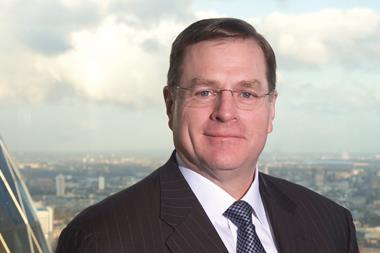

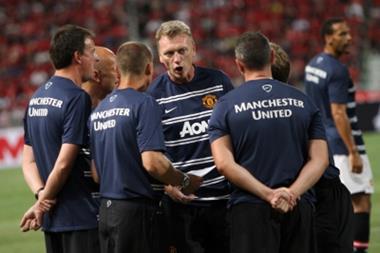
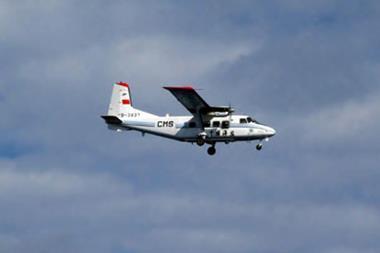
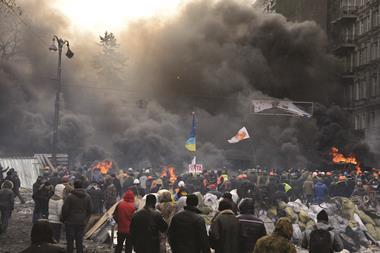
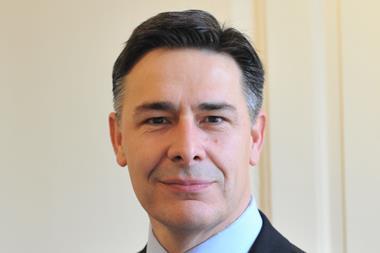
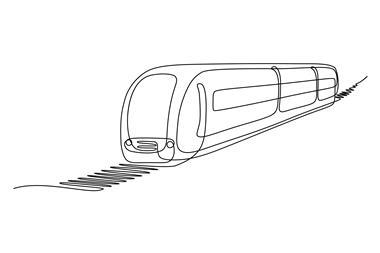

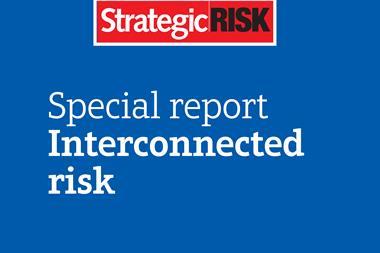
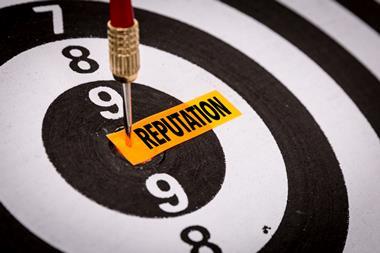
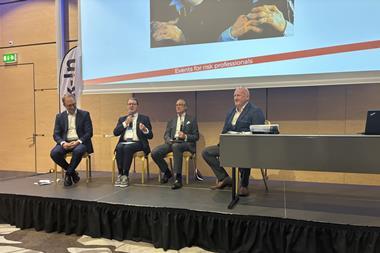
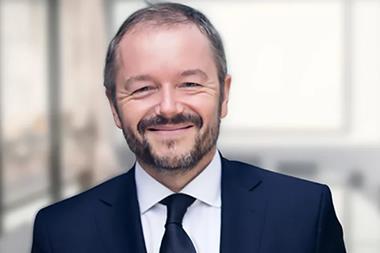



No comments yet